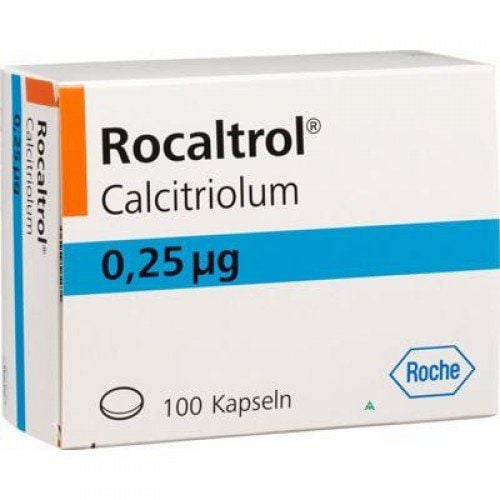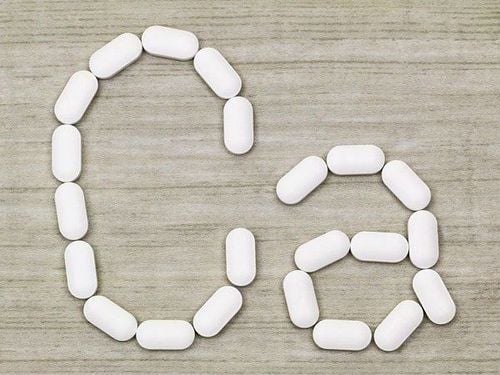This is an automatically translated article.
Calcium is one of the most important nutritional elements for human health, especially bones, teeth and muscles. Let's find out when to take calcium at the best time to absorb calcium.
1. How does the body absorb calcium and is calcium deficiency dangerous?
Calcium is not easily absorbed, normally divalent calcium ions are often difficult to absorb in the intestines and only about 35% of calcium will be absorbed, the rest will be excreted in the feces.
Children who lack calcium will be stunted, slow to grow, lose hair, cry at night, night sweats, slow down, or get sick. Pregnant and lactating women, if calcium deficiency, will lead to aches and pains in muscles, joints, back, shoulders, neck, hair loss, cramps, back pain after childbirth, early osteoporosis, ... The elderly when calcium deficiency will be at high risk of osteoporosis, fragile bones should be extremely dangerous.
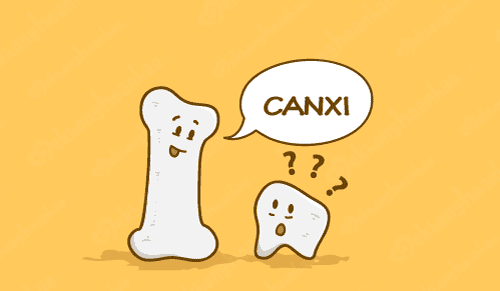
Canxi là thành phần cơ bản của tổ chức xương và răng
2. The best way to absorb calcium is to drink calcium before or after a meal?
Calcium supplementation is a measure to help prevent osteoporosis, enhance bone strength for pregnant women and postpartum women. However, very few people know the best way to absorb calcium is to take calcium in the morning or evening, before or after a meal.
According to nutritionists, calcium should be taken in the morning between 7am and 8am, the body will best absorb calcium, reducing the risk of calcium accumulation in the kidneys - urinary tract. Besides, should not take calcium before eating to avoid affecting the stomach. Instead, you should take calcium about an hour after breakfast. While having breakfast, you can eat while sitting in the sun so that your body can absorb vitamin D from the sun, which will help support calcium synthesis and facilitate the best absorption of calcium. In addition to taking the drug, taking vitamin D supplements with calcium is the best way to absorb calcium.
However, if you forget to take calcium in the morning, you can also take calcium after lunch about an hour. In addition, the calcium requirement of a calcium-deficient adult is about 1000mg of calcium a day, so if you divide it in half after breakfast and one hour after lunch, your body can absorb it slowly, efficiently and effectively. The best calcium absorption.
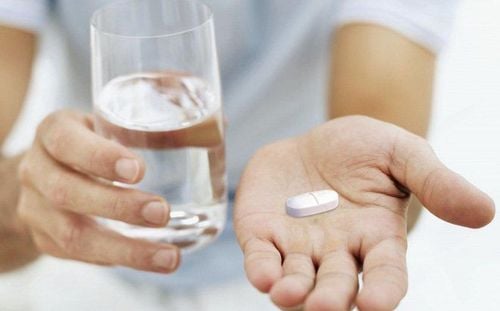
Canxi nên uống vào buổi sáng để cơ thể hấp thụ được tốt nhất
3. How much does the body need to supplement calcium?
Calcium is present in tens of trillions of cells of the body, but calcium can be lost every day even at rest through sweat and excretion. Besides taking calcium one hour after breakfast and lunch and supplementing with vitamin D at the same time, understanding the body's calcium supplement is very important for each of us.
The amount of calcium needed for health depends on age and gender. According to research, the daily calcium requirement of immature adults (aged 14 to 18 years) is 1,300 milligrams, while the need for normal adults under 50 years old is 1,000 milligrams of calcium per day. In addition, the daily requirement of people over 51 years old is 1,000 milligrams of calcium for men and 1,200 milligrams of calcium for women because postmenopausal women have higher calcium requirements than men of the same age. Pregnant and nursing women in particular need to get 1,000 milligrams of calcium to 1,300 milligrams of calcium per day.
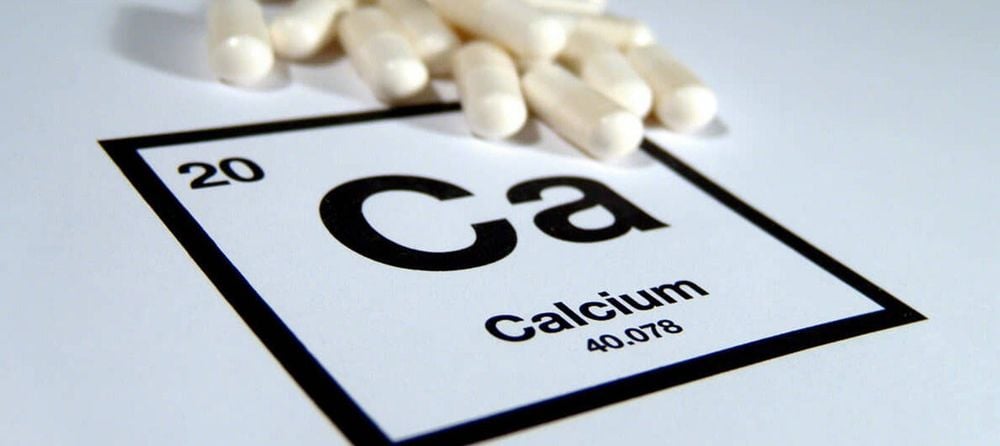
Mỗi cơ thể cần bổ sung một lượng canxi khác nhau
4. What are the other notes for the body to best absorb calcium?
Calcium can be obtained through food as dairy products such as milk, cheese are the best natural sources of calcium. Some vegetables contain calcium, such as cabbage, kale and broccoli, while cereals contain only small amounts of calcium.
The body absorbs calcium best when it has vitamin D. Vitamin D is abundant in eggs, red meat, milk, butter and in the sun. For people with osteoporosis, taking calcium and vitamin D at the same time is important.
Contrary to vitamin D, protein will increase calcium excretion. Therefore, limit protein-containing foods in calcium-fortified meals for the best calcium absorption. Calcium supplements may increase the risk of kidney stones. Therefore, it is advisable to drink plenty of water when taking calcium to avoid kidney stones.
Please follow the website ( www.vinmec.com ) for more information on health care instructions, which we will update regularly.
Please dial HOTLINE for more information or register for an appointment HERE. Download MyVinmec app to make appointments faster and to manage your bookings easily.
References: mayoclinic.org, nof.org, healthline.com





